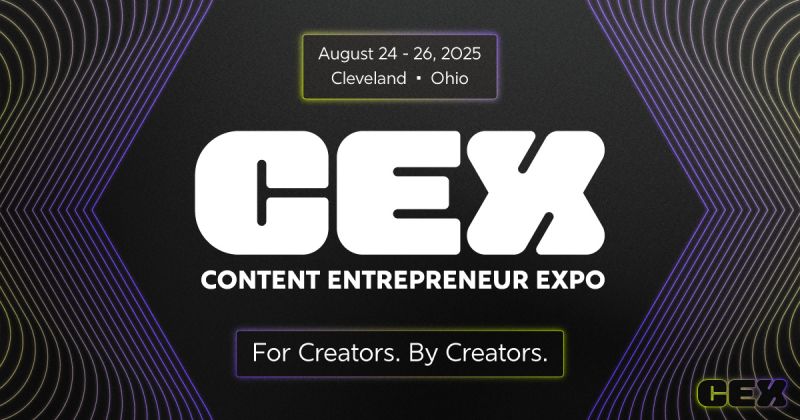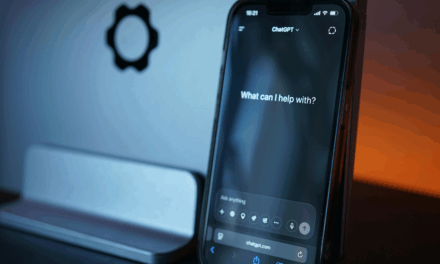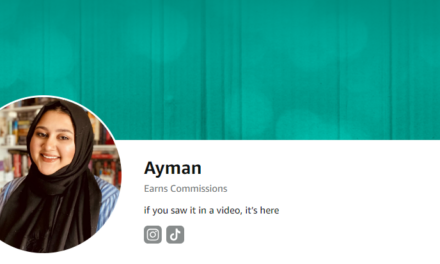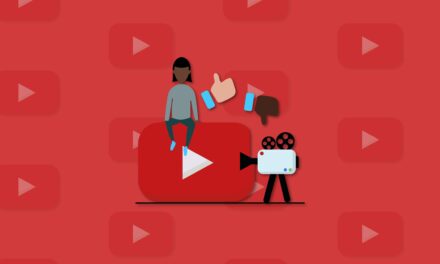Almost every content entrepreneur faces self-doubt at some point.
It’s a fact of life. Research estimates that 70% of the population experiences impostor syndrome at some point in their lives.
It happened to Justin Moore when he was writing his book.
“The biggest unexpected challenge was, honestly, the emotional roller coaster. I’d hit these periods where I was pumped about the book, cranking out 2K-plus words a day, feeling like a genius. Then, I’d suddenly hit a wall where I’d question everything: ‘Does anyone actually care about this stuff? Is this even any good? Who am I to write this book?’
“The self-doubt was way more intense than I expected.”
Still, he powered through (keep reading to find out how). Eight months after he started writing, Sponsor Magnet: How To Attract, Price, and Execute Your Dream Brand Partnerships debuted in January through the Tilt Publishing imprint.
In the first month, the book hit No. 1 in several Amazon categories, influencers unexpectedly posted about the book, top creator economy podcasts reached out, and his inbox was flooded with readers sharing their wins after reading the book.
Last month, Sponsor Magnet was named one of six must-read books for creators in a Forbes article.
So, how did Justin survive the emotional roller coaster known as content creation?
Ongoing feedback from beta readers. “They helped me realize that ‘Yes, this is valuable, and yes, I have to keep going,’” he says.
What also helped was having a plan for the content and the creation process.
Justin says he started with a comprehensive outline based on the system he had been teaching the students of his Creator Wizard course.
“I spent almost two months just outlining and restructuring before writing a single chapter. This made the actual writing process so much smoother and helped me avoid major rewrites,” he explains.
He set a goal of writing five days a week, blocking out two hours each morning on the calendar because that’s when his brain was the freshest. And he just wrote. He didn’t do email or social media or entertain any other distractions.
But even that tunnel vision came with disruptions. “I’d get excited about one section and want to jump ahead, but forcing myself to stick to the outline kept the book cohesive,” Justin says.
It also helped him meet his mini-goals of completing each chapter. “There’s something super satisfying about completing a chunk and moving on to the next,” he says.
Justin wrote most of the first draft in Google Docs so he could work on it anywhere, and used voice notes for ideas on the go. He also created a separate file where he wrote down stories and examples that came to mind while he wrote the book in another document.
Another key to success? Justin didn’t work in a silo, which helped in more ways than relieving self-doubt.
“Get feedback early and often, but be selective about whose advice you take,” he says. “ Not all feedback is created equal. I shared early drafts with both veteran creators and complete newbies who represented my target audience. The newbies often gave me the most valuable feedback because they’d point out things that were confusing or unclear that veterans would skip over.”
That feedback advice also illuminates Justin’s tip for other content creators: “Don’t try to write for everyone. The more specific you can be about who your book is for, the more valuable it will be to those people.
For Sponsor Magnet, he didn’t focus on any and all creators. He chose creators who want to land brand deals and sponsorships. “This allowed me to go super deep on one topic rather than scratching the surface of many,” Justin says. “Your book might have a smaller potential audience, but the people who do read it will get way more value.”
Justin’s bonus tip for completing the book? Build momentum by celebrating small wins, such as finishing a chapter, nailing a tricky section, or getting positive feedback from a beta reader.
“Writing a book is a marathon, not a sprint. Those little celebrations kept me going during the inevitable tough patches.”
Helpful Relevant Resources:
- 5 Types of Impostor Syndrome and How To Overcome It
- Don’t Let Impostor Syndrome Deride Your Content Business
- 13 Lessons in Book Writing and Publishing From Nonfiction Authors
- The Power of Beta and ARC Readers
About the author
Ann regularly combines words and strategy for B2B, B2C, and nonprofits, continuing to live up to her high school nickname, Editor Ann. An IABC Communicator of the Year and founder of G Force Communication, Ann coaches and trains professionals in all things content. Connect with her on LinkedIn and Twitter.











